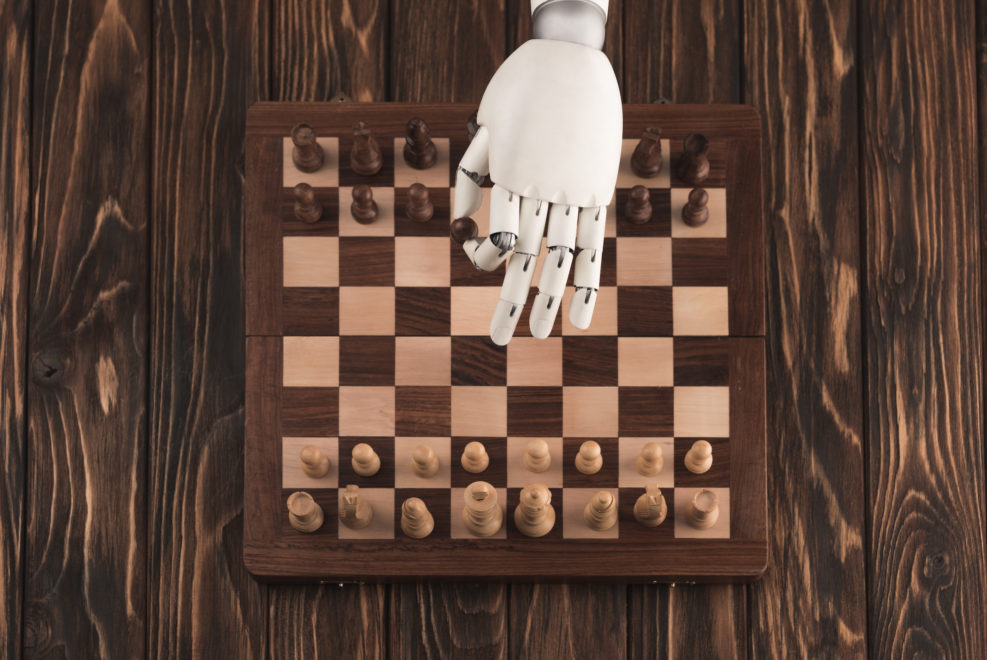
The Game-Playing AI Does Not Always Win, It Turns Out
Enterprising researchers beat KataGo at Go by taking advantage of its known blind spotsAt Vice, science writer Tatyana Woodall tells us that clever researchers developed a rival adversarial AI to trick KataGo into losing games: Players have often used KataGo to test their skills, train for other matches, and even analyze past games, yet in a study posted recently on the preprint server arXiv, researchers report that by using an adversarial policy—a kind of machine-learning algorithm built to attack or learn weaknesses in other systems—they’ve been able to beat KataGo at its own game between 50 to 99 percent of the time, depending on how much “thinking ahead” the AI does. Funnily enough, the new system doesn’t win by trumping KataGo all out, but instead by forcing KataGo into a corner, essentially tricking Read More ›






